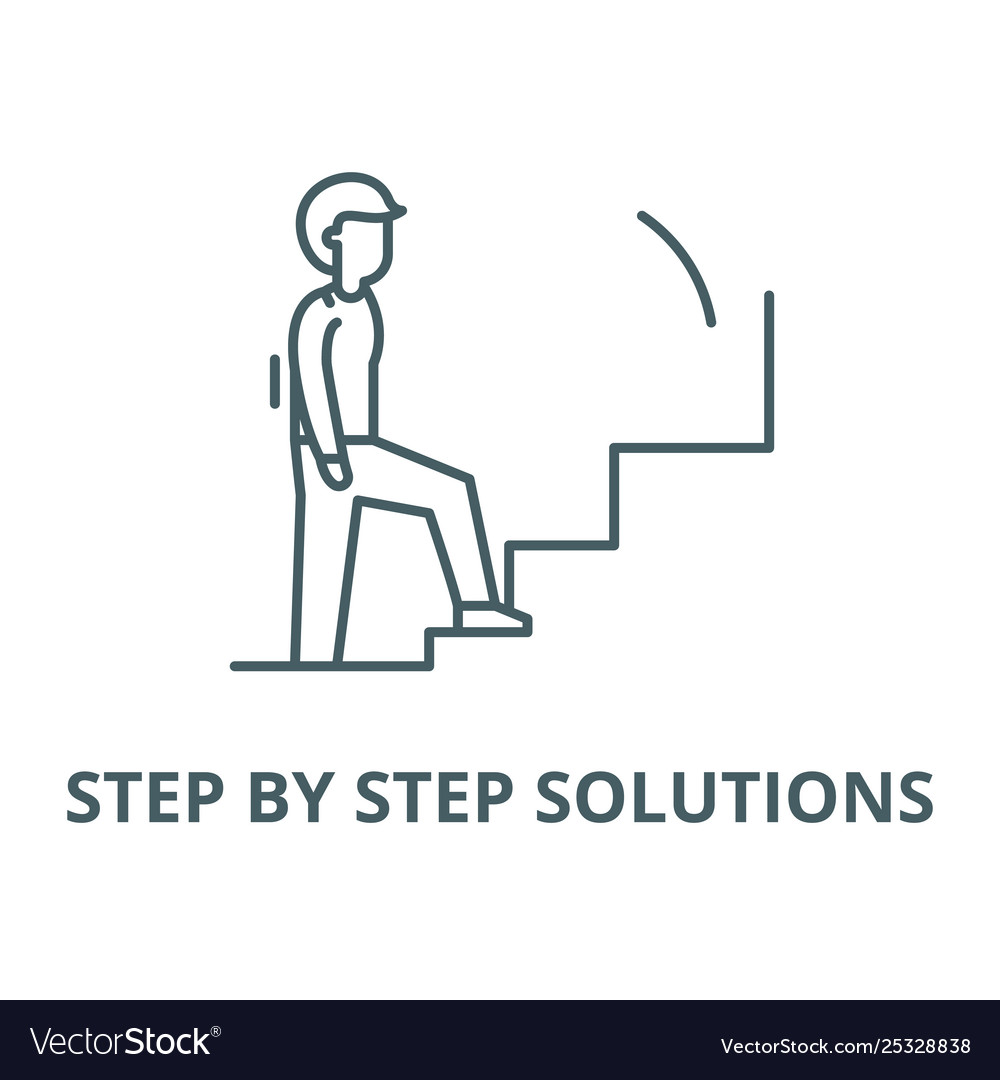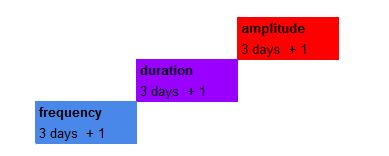« It is going to be easy. I already know the solution. I already have the data and the framework I am going to use to write my book » That’s what I told myself after a Saturday workshop about procrastination.
Then Monday came, and I did……. NOTHING
THEn Tuesday come …. and I do n nothing
Then Friday come I did kind of start due to motivation but afterward I did NOTHING.
In my mind, the book was almost finished. I had the ideas. I could even picture the graph and table
But It was so strong to just sit and write.
I had had plenty of opportunities I could write but didn’t make use of them. I couldn’t accuse a lack of time or tiredness.
So why was I still struggling like that? How did I overcome this ?
Lesson 1: It is not a time management problem.
When people ask for advice, they are been given tips around time management or task clarification. And It doesn’t in the short term. Nobodyyadresses the deeper reasons: Emotions towards the task itself.
So there is inner invisible resistance. It manifests under the form of invisible scripts. « Am I going to get through this «It sucks ». I hope I could have someone writing for me » « It is not creative at all » « I already did the most difficult part » « I have better things to do ».
These invisible scripts continue even if you know why writing these papers is important from a logical perspective.
And It is holding you back more than you can imagine. So What you need to do first is to take care of this first.
Lesson 2: Avoid perfectionnism
Our natural behavior is to visualize the destination whether it is about goal setting and time allocation.
Writing straight for 60 min from day 1, for someone who has been struggling to write, is a VERY huge goal.
It can be intimidating itself.
Instead, You should approach it which and habit mindset.
Which process should I focus on to ramp up to the point I want. ?
Solution
Step1 : (DAY 1 to Day 3) Adress your negative association
look at video about writing on youtube? Listen to podcasts about the topic of writing manuscripts. The purpose is not to remember tips or something like that. It is to perform passive action to program your unconscious mind in a way he starts to think » hum I can do this thing. It is not so bad ». it helps to diminish the resistance
visualize your self in the process of writing: imagine where you are going to write, imagine how you grab pen and paper, how it hurts to concentrate and get ideas out of your mind. Finally, imagine how you succeed in the end.
Before Day 4, you might be surprised you start writing without planning for it upfront.
Step 2 : ( Day 4-Day 6) Make sure you are going to keep the following trough
a) put a picture of someone writing that you draw yourself
The quality of the draw is not important. What counts is the energy you put in to draw. It anchors the activity “writing” in your unconscious mind.
Then put the image on a wall where you usually go when you procrastinate ( in the kitchen, in the toilet, in the living room).
You will make use of the concept of unconscious tracking so that « writing «says at your top priority naturally without countless review sessions.
b) choose an appropriate time and appropriate place for Deep work sessions
The number 1 criteria for your writing to be efficient is your level of focus. You want to make sure that even if you spend 15 min, « what have I been doing during the past 15 min »
So Optimize for a quiet place first (I recommend you use earplugs) and then optimize for quiet time ( less outside request)
For example, When other people are sleeping is a perfect time ( first thing in the morning and last thing in the night ). And Bibliotheque boxes can be a perfect place too in the afternoon.
Once you have discovered which place and which time seems appropriate, then put all the material necessary for your writing around whenever possible.
During the deep work, sessions don’t allow any other activity. As evident as it is, many people don’t apply that: there is always some screen, some social to see, some great another topic to work on.
c) Have a notebook always on you for « unexpected ideas ».
This way you are ready to catch whatever breakthrough idea pop up
It is a huge source of creativity and it doesn’t request any form of concentration
Plus, It makes you more inspired and feeling motivated to sit on your writing sanctuary afterward.
Note; during Day 4 to Day 6: continue. This will allow you to write whenever possible when you are still testing and figure out what a good place and time can
Step 3: (Day 7 to Day 19) trigger your habit of writing
a) establish the frequency
For 3 consecutive days, you just write where your sanctuary writing. Whether it is just a few paragraphs. It doesn’t matter if you don’ t reach 90 min or if you can’t finish one page.
b) establish the duration :
For 3 consecutive days, focus on the duration only
Make sure anytime you write you spend at least 45 min
it doesn’t matter if you just write 1 paragraph or . Don’t move before the 45 min are over.
c) establish the amplitude.
For 3 consecutive days, focus on producing several pages
for example: writing 1 section/ pages/ part.
In the end, of this short program, writing will become a « No brainer activity ” to you . And you will have enough self-experience to predict how much effort it might take you to finish.
Back up solution.
Don’ t miss more than 2 consecutive sessions of writing whatever happens (family visit, kids, another urgency, weekend).
Instead, reduce the amplitude and maintain the frequency.
Make sure you repeat step 1 from time to time. You can buy an audiobook for that.
That’s it. I hope it helps.
Heudou Tchihikou Aubin
A master chronic procrastinator who chose to execute on his dreams because of frustration and self-criticism






SIDYA
it’s definitely hard for me to begin but will try you suggestion who’s very useful
AubindesBois
Great. do not hesitate to ask for support . we have a forum to help. the mindset with writing is to always start with what you have or what you are sure you can finish now. If you just have raw ideas now, then put it on a paper first before trying to organize them later.
Patrick
In my experience, I know that trying to get the right paper immediately is a big mistake because I will block or lose time. But starting with a draft and gradually improving it is definitely my preferred approach.